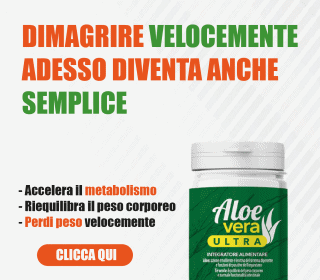The production of cholesterol is done for 80% at an endogenous level (that is to say that it depends on our body) and only for 20% at an exogenous level (therefore linked to food). What are the symptoms of high cholesterol? With a few exceptions, such as familial hypercholesterolemia, an inherited condition in which high levels of “bad” cholesterol (LDL) are already developed at a young age, high cholesterol levels are asymptomatic and should be measured by tests routine.
To prevent serious risks of dangerous diseases such as cardiovascular disease, total values of 200 mg/dl should never be exceeded, thus keeping well below the 100 mg/dl threshold for LDL cholesterol (above 50 mg/dl for HDL cholesterol). However, there are natural remedies that include good nutrition and physical activity. A healthy balanced diet does not lead to high cholesterol, but because of our very often messy habits and an overly hectic lifestyle, it is possible to outgrow high cholesterol-promoting foods in the first place. trans fatty acids, sugars and hydrogenated fats.

Moreover, the lack of physical activity can clearly lead to overweight, thus increasing the risks arising from the consumption of high-calorie foods. To lower cholesterol without the help of drugs, the only possible way is to observe a few healthy habits, the first of which concerns nutrition. Here are some tips on your diet. Foods to avoid with high cholesterol:
-margarine;
– partially hydrogenated and refined vegetable oils;
– pastries and sweet snacks, pretzels and snacks;
– fillings for brioches and glazes for industrial cakes;
– French fries and any type of frozen breaded product;
– packaged frankfurters;
– stock cubes;
– added sugars.
The most common mistake people make when trying to lower blood cholesterol levels is to cut out animal fats altogether, but that’s not part of a balanced diet. In addition to nutrition, however, the lifestyle we lead is also fundamental, which significantly affects the control of cholesterol levels. It is recommended to quit smoking immediately; keep weight under control; eliminate alcohol by limiting yourself, if absolutely necessary, to the classic glass of red wine with each meal. Caution. Nutrition is, yes, the starting point for controlling cholesterol, but don’t embark on do-it-yourself diets and instead apply smart principles.